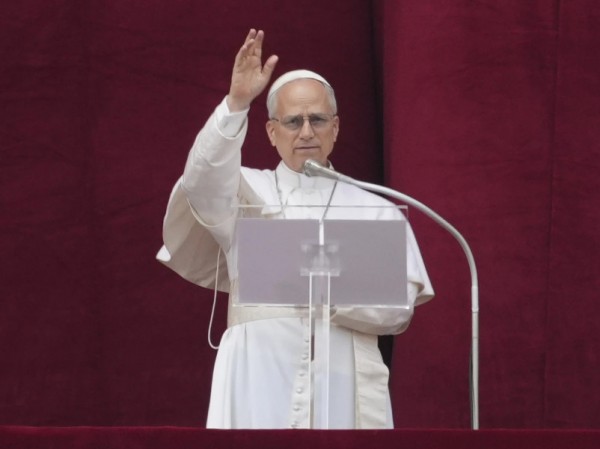BANGKOK (AP) — Thai police on Wednesday said an arrest warrant has been issued for a man suspected of gunning down a former opposition politician from Cambodia in a popular Bangkok tourist area.
Lim Kimya, an ex-lawmaker from the dissolved Cambodia National Rescue Party, was shot dead near a temple close to Khaosan Road on Tuesday evening. He had reportedly just arrived at the scene with his wife by bus from Cambodia, said the New York-based Human Rights Watch.
Siam Boonsom, chief of Bangkok police, told reporters on Wednesday the initial investigation led them to believe the gunman was hired to carry out the shooting and that Lim Kimya was possibly identified to the gunman by another person, whom police are also pursuing. Siam declined to provide further details, citing an ongoing investigation.
Thai media have reported the suspected shooter might be a former Thai marine. Siam declined to confirm this detail but said the suspect had a criminal record related to financial matters.
Security camera footage of the incident circulated in Thai media showed the suspected gunman arriving at the scene on a motorbike. Three gunshots were heard before the man walked away from the victim as he collapsed to the ground. The suspect, who did not cover his face, then rode away on the motorbike.
The Cambodia National Rescue Party said in a statement it was “deeply shocked and appalled by the brutal and inhumane assassination" and urged the Thai authorities to conduct a thorough investigation to bring the perpetrators to justice.
The party had been expected to present a strong challenge to the ruling Cambodian People’s Party of ex-Prime Minister Hun Sen in the 2018 general election. But as part of a sweeping crackdown on opposition before the poll, the high court dissolved the party, and the ruling party subsequently won every seat in the National Assembly.
Recent posts on Lim Kimya's Facebook page were critical of the government, including how it had spent state money unnecessarily on events that did not benefit the Cambodian people.
Under Hun Sen, who held power for almost four decades, Cambodia was widely criticized for human rights abuses that included the suppression of freedom of speech and association. He was succeeded in August 2023 by his American-educated son, Hun Manet, but there have been few signs of political liberalization.
Phil Robertson, director of the Asia Human Rights and Labour Advocates, said the shooting “has all the hallmarks of a political assassination, and looks to be a significant escalation in the use of transnational repression in Bangkok” to intimidate opposition of the ruling government.
Cambodia’s government has long been accused of using the judicial system to persecute critics and political opponents. The government insists it promotes the rule of law under an electoral democracy, but political parties seen as mounting strong challenges to the ruling party have been dissolved by the courts or had their leaders jailed or harassed.
Lim Kimya's shooting came on the same day that Hun Sen, who is now the head of Cambodia's Senate, called for the government to pass a law that would label certain dissident actions as terrorism.
Hun Sen, sitting alongside his son, Hun Manet, to mark the 46th anniversary of the ousting of the brutal Khmer Rouge regime that ruled in Cambodia in the late 1970s — and which left some 1.7 million Cambodians dead from starvation, illness and mass executions — called for a new law to define people who want to overthrow Hun Manet’s government as “terrorists."
___
Associated Press reporter Sopheng Cheang contributed from Phnom Penh.

















